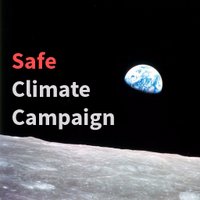
Ben Henley
@benhenley
Scientist-engineer hybrid: climate science, palaeoclimatology, water resources.
ID: 46370120
http://www.benhenley.net 11-06-2009 11:50:18
1,1K Tweet
895 Followers
1,1K Following



Sea surface temperatures in waters surrounding the Great Barrier Reef this year reached their warmest levels in more than 400 years. Ben Henley abc.net.au/news/2024-08-0…

Rising sea surface temperatures have made a catastrophic impact on the Great Barrier Reef, says Ben Henley. His new research published in Nature Magazine uses modelling of the Reef’s temperatures over history to now. Tap to learn more ➡️ unimelb.me/46HFKdp

A new research paper led by #UOW Honorary Fellow and University of Melbourne lecturer Dr Ben Henley shows the Great Barrier Reef is facing catastrophic damage from warming sea temperatures and mass coral bleaching events. 🪸👉 bit.ly/3LYBSLO #UOWResearch


This generation will probably see the demise of the Great Barrier Reef unless humanity acts with far more urgency to rein in #climate change. “Heat extremes are occurring too often for those corals to effectively adapt and evolve.”Ben Henley Catrin Einhorn nytimes.com/2024/08/07/cli…

Thanks for the kind words and for sharing our study and its implications David Pocock. Been working on this for 5+ years, watching mass bleaching events come and go. I hope our work feeds into international efforts to amplify the Paris Agreement.




The number of assessed species on the IUCN Red List is now 163,040, with over 45,000 threatened with #extinction. The IUCN Red List of Threatened Species™ is a critical indicator of the health of the world’s #biodiversity.












